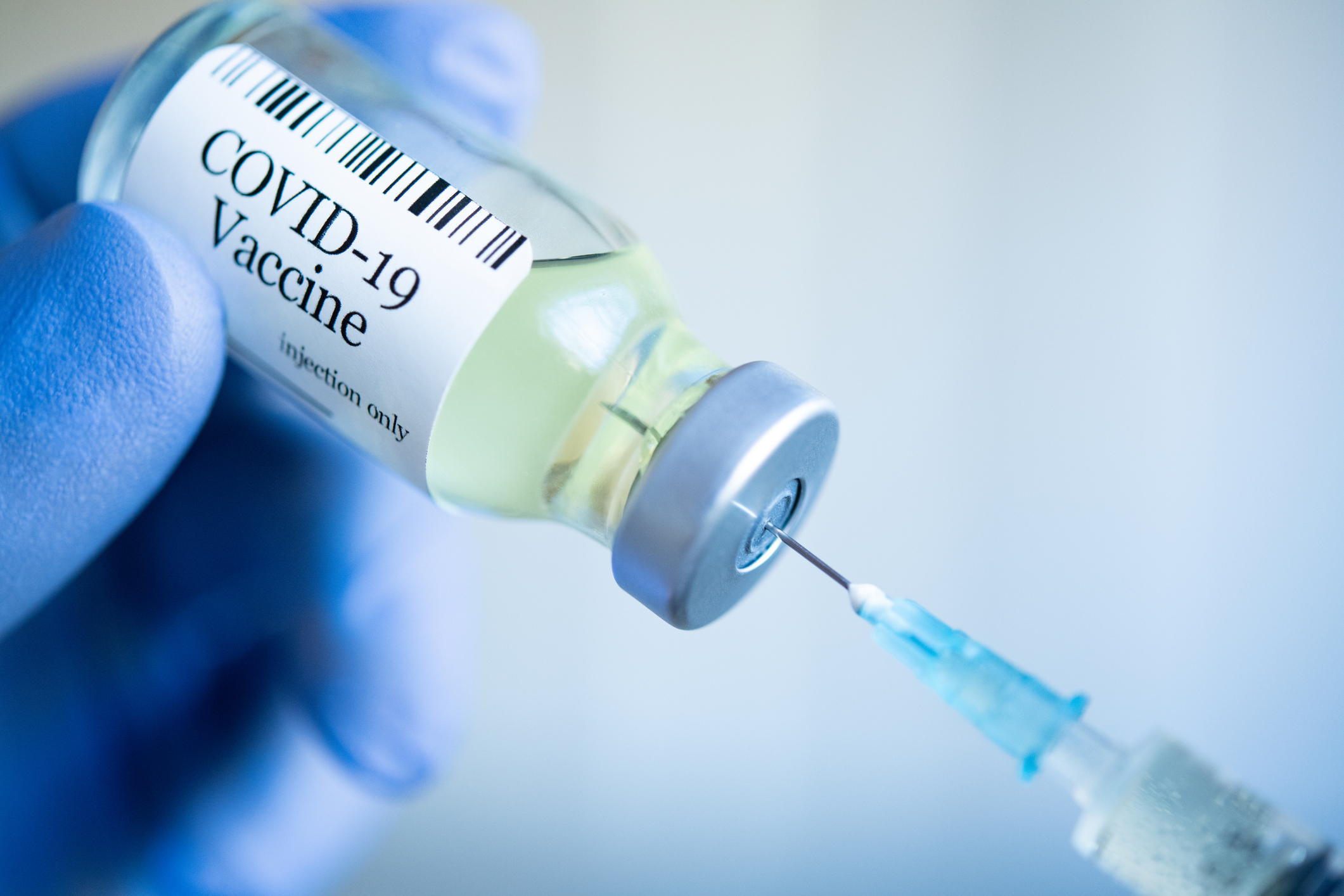In response to the Food and Drug Administration’s (FDA) approval and the Centers for Disease Control and Prevention’s (CDC) recommendations released at the end of last week regarding the COVID-19 Pfizer booster shot, Chaffee County Public Health (CCPH) is planning several clinics specifically to administer the booster dose for those who are eligible at the time.
The mass booster clinics will be at the Chaffee County Fairgrounds, 10165 County Road 120 by appointment only. The public is asked to come at their assigned time to mitigate traffic concerns. There is no reason to arrive early, as there is an ample vaccine supply, very different from the early days of the vaccine rollout. The booster is free, although it is highly encouraged to fill out the paperwork ahead of time. These clinics are intended and prioritized for Chaffee County residents as well as residents from surrounding counties.
Booster clinic dates hosted by CCPH in the month of October will be:
- Monday, October 4th noon-4pm
- Tuesday, October 5th noon-4pm
- Monday, October 18th noon-4pm
- Tuesday, October 19th noon-4pm
Clinic appointment links are live, and they are posted at chaffeecounty.rsvpify.com. Anyone who needs assistance with making an appointment through the scheduler can call CCPH’s main office at 719-539-4510 or seek help from a community service provider, family member, or friend.
Currently, the following populations below are approved for the Pfizer booster along with the rationale:
CDC’s Pfizer-BioNTech’s Recommendations
- People 65 years and older and residents in long-term care settings should receive a booster shot of Pfizer-BioNTech’s COVID-19 vaccine at least 6 months after their
Pfizer-BioNTech primary series:
- Among adults 65 years and older, data show vaccines remain effective in preventing hospitalization and severe disease, but recent evidence suggests they are less effective in preventing infection or milder symptomatic illness due to waning immunity over time and the Delta variant.
- People aged 50 to 64 with certain underlying medical conditions should receive a booster shot of Pfizer-BioNTech’s COVID-19 vaccine at least 6 months after their Pfizer-BioNTech primary series. The risk of severe illness from COVID-19 increases with age, and can also increase for adults of any age with certain underlying medical conditions.
- People aged 18 to 49 who are at high risk for severe COVID-19 due to certain underlying medical conditions may receive a booster shot of Pfizer-BioNTech’s COVID-19 vaccine at least 6 months after their Pfizer-BioNTech primary series, based on their individual benefits and risks. The risk of severe illness from COVID-19 may be higher for adults of any age with certain underlying medical conditions.
- People aged 18 to 64 years who are at increased risk for COVID-19 exposure and transmission because of occupational or institutional setting may receive a booster shot of Pfizer-BioNTech’s COVID-19 vaccine at least 6 months after their Pfizer-BioNTech primary series, including but not limited to teacher, factory workers, retail workers, restaurant workers, health care workers, and first responders.
While COVID-19 vaccine effectiveness against severe disease remains high for healthcare personnel and other frontline essential workers, those with even mild illness often cannot work. In addition, some individuals may care for or live with at-risk people, such as the immunocompromised, and others may live in a congregate setting such as a homeless shelter or correctional facility where there is higher risk for transmission.
Colorado had previously defined prioritization phases with special considerations for those who may be at increased risk of COVID-19 due to where they work or live. While providers may reference these categories, no person should be turned away from receiving a Pfizer booster if they self-attest to being at increased risk due to where they work or live.
Items of Note about Boosters
● Individuals still do not need to present an ID, insurance or proof of medical history to receive a booster. Boosters are still free and people do not need to be a resident of Colorado, or of a particular county, to receive a booster.
● Individuals can self-attest (i.e. self-report that they are eligible) and receive a Pfizer booster shot wherever Pfizer vaccines are offered. This will help ensure there are not additional barriers to access for these select populations opting to receive their Pfizer booster shot.
● The Pfizer-BioNTech booster authorization only applies to the populations identified above who received the Pfizer vaccine as their primary series. People in the recommended age groups who received the Moderna or J&J/Janssen vaccine will likely need a booster shot, and more data on the effectiveness and safety of these booster shots are expected in the coming weeks.
● ACIP will continue to meet to evaluate new data and may recommend booster shots for other populations and vaccine recipients soon.
● As previously recommended, moderately to severely immunocompromised individuals who are eligible for an additional dose of an mRNA vaccine should get that dose at least 28 days after the completion of their primary series. Moderately to severely immunocompromised individuals are not recommended for a fourth dose at this time. CDC recommends nobody receive more than three valid mRNA vaccine doses. ACIP recommends that the additional dose be the same mRNA vaccine that people received for their primary series, but receiving either mRNA vaccine is acceptable. People 12 – 17 who are moderately to severely immunocompromised can only receive the Pfizer vaccine for their additional dose.
● The definition of “fully vaccinated” does not change with this booster dose authorization. People are still considered fully vaccinated two weeks after their second dose of Pfizer or Moderna vaccine, or two weeks after their single dose of J&J/Janssen vaccine. This definition applies to all people, including individuals who are moderately to severely immunocompromised who receive an additional dose at least 28 days after completing their initial primary series.
The medical conditions included in the booster rollout can be found here: https://www.cdc.gov/coronavirus/2019-ncov/need-extra-precautions/people-with-medical-conditions.html.
At this time, there is not a booster approved or available for those who received Moderna or Johnson & Johnson. However, all three vaccines are still providing significant protection and immunity from COVID-19. Those who have been fully vaccinated are 3.2 times less likely to become a COVID-19 case, 7.4 times less likely to be hospitalized for COVID-19, and 5.9 times less likely to die from COVID-19.
There are multiple Pfizer booster providers throughout the county. The public is asked to check out the vaccine provider list on Chaffee County’s COVID-19 website for an updated list of locations administering booster shots.
Andrea Carlstrom, Director of CCPH, says, “While we are excited that the approval of the Pfizer booster for specific populations was announced last week, we are in such a different position than we were in this past winter and spring. As of today, 73.3% of our county’s eligible population has received its first dose of vaccine, and 68.1% is fully vaccinated. This is a huge milestone. These vaccinations are working wonders with almost everyone vaccinated avoiding severe illness, hospitalization, and death. Boosters are important to protect our highest risk populations, but we must continue to increase vaccination rates of first and second doses at the same time.”





